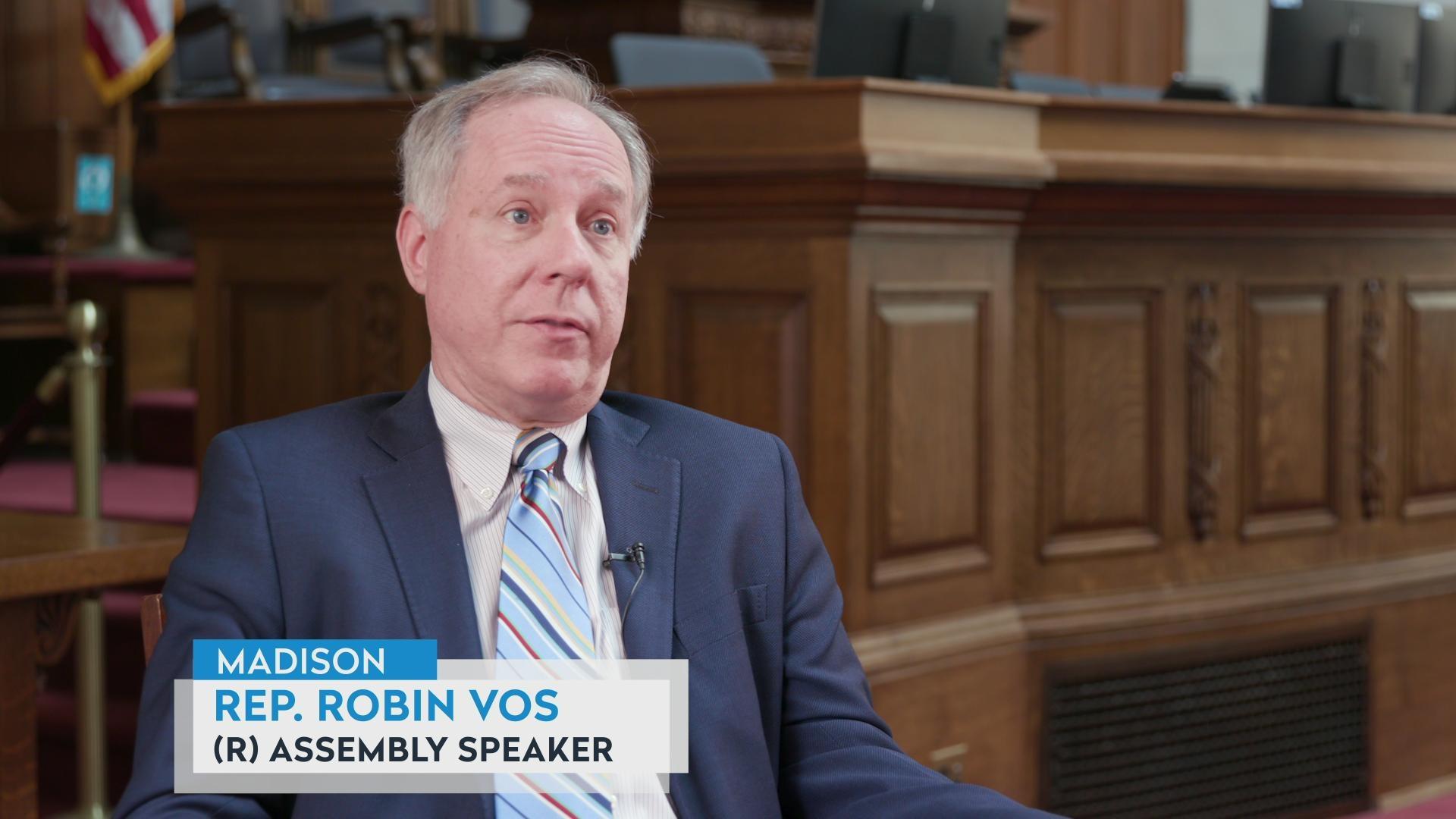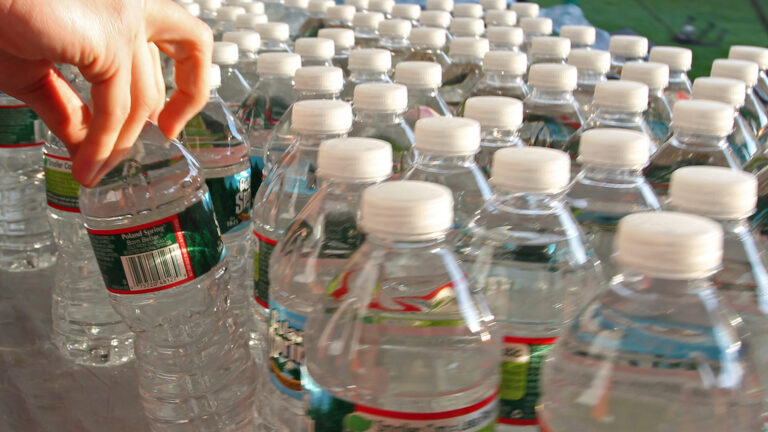Frederica Freyberg:
What are the projections for holiday spending this year?
Betty Hurd:
Actually, they’re up over last year. Last year was up about 5% and most of the projections from the various sources are a little over 4 to about 5% more spending this year.
Frederica Freyberg:
The spending has gone up progressively even through the deepest part of the recession. How is that?
Betty Hurd:
Yeah. I think of a couple different reasons. Number one, there's just flat-out more people, so that adds to the base, and then secondly, the types of items that we’re purchasing often can be a little more expensive. Our economy is very much driven lately by the gadgets and the tablets and the TVs and things like that which are, you know, still as important as the old Barbie and Legos that have had a resurgence, and the Teenage Mutant Ninja Turtles. But, you know, again, they’re a little bit more expensive.
Frederica Freyberg:
How important is this time of year to retail and then, to the economy as the whole?
Betty Hurd:
Great. Retail, this time of year, we actually do anywhere from 20 to 40% of our business during this time. It is huge. So this kind of is the make-it or break-it period of time. During the whole holiday shopping, we’ll do about $560 some billion out of the 2-1/2 trillion that we generate for the economy in the entire year, and almost $12 million of that is done on Friday alone.
Frederica Freyberg:
Wow.
Betty Hurd:
It's huge. And we hope, after the weekend.
Frederica Freyberg:
Lots of crowds. I read that consumer confidence is up, but still below the level that marks a healthy economy. What drives consumer confidence?
Betty Hurd:
All kinds of things. Anything from housing starts to repurchase of hard goods, like automobiles and things of that nature. Interest rates. You can look at all those things. The job outlook, which thankfully, has actually improved quite a bit. That’s actually had a four-month positive outlook. One of the longest in quite some time, so that has been really important, and is expected to also continue into next year.
Frederica Freyberg:
Is that confidence, kind of a, cautious confidence though, or with fits and starts?
Betty Hurd:
Yeah, I would say it’s certainly up and down. And again, it just seems like little things can certainly really tweak the economy pretty quickly. We’re such a global and mobile society that we just have information instantly, so we react pretty quickly sometimes to just the little quirks and blips that might happen in the marketplace, or overseas as well.
Frederica Freyberg:
Speaking of that kind of global marketplace and the information that people understand about what's happening in the world. Do things like the European economy, and even here at home, the so-called fiscal cliff, does that get into people’s heads and actually translate at the check-out counter?
Betty Hurd:
Yeah, it really, really does. It’s interesting. You know, people only have so much money, and they can only work so many hours, and there is only so many people that can work in the family. And so when it comes down to things like how much money am I going to have in my long term plan, if I even have one? Am I going to be able to keep my job? How much are my taxes going to be raised? Actually 96% of the retail businesses out there are the little mom and pop shops and so they report that stuff on their personal income tax. So if their tax base is going to raise, boy, that really affects them as individual s, even as a business, as much as just their own shopping behavior as well. So I think we’re all nervous. We only have 100% of our money and if it's going to disappear for things that we can’t necessarily have control over, you know, we want to hang onto what we can actually be able to do.
Frederica Freyberg:
We talk about shopping and we talk about holiday shopping, we talk about Black Friday. But consumer spending is an incredibly significant part of the US economy, right?
Betty Hurd:
Oh, yeah, absolutely. I mean, when you look at– actually, when you look at the retail industry, we do 2-1/2 trillion dollars worth towards the economy. One in four people somehow work in the related part of the industry. I mean, that’s 30-some, 42 million people, work in the industry. So it’s a huge economic driver, particularly here in the United States.
Frederica Freyberg:
All right. Betty Hurd, thanks very much.
Betty Hurd:
You’re welcome.
Search Episodes
News Stories from PBS Wisconsin

Donate to sign up. Activate and sign in to Passport. It's that easy to help PBS Wisconsin serve your community through media that educates, inspires, and entertains.
Make your membership gift today
Only for new users: Activate Passport using your code or email address
Already a member?
Look up my account
Need some help? Go to FAQ or visit PBS Passport Help
Need help accessing PBS Wisconsin anywhere?

Online Access | Platform & Device Access | Cable or Satellite Access | Over-The-Air Access
Visit Access Guide
Need help accessing PBS Wisconsin anywhere?

Visit Our
Live TV Access Guide
Online AccessPlatform & Device Access
Cable or Satellite Access
Over-The-Air Access
Visit Access Guide
 Passport
Passport


















Follow Us